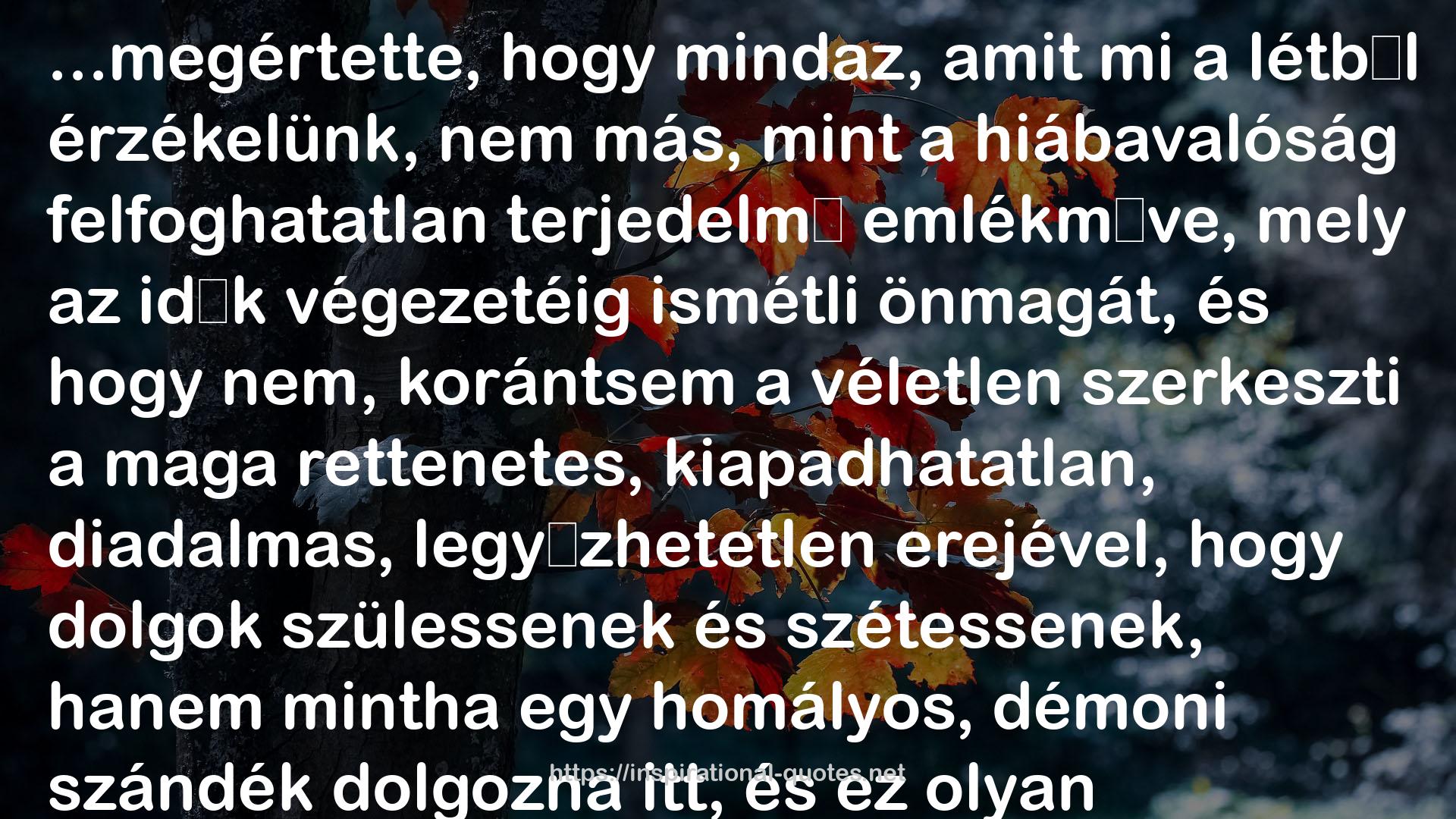Az utolsó farkas QUOTES
SOME WORKS
- The Air-Conditioned Nightmare
- Magical Sense
- Three: The Way of Zen/Nature, Man and Woman/Psychotherapy East and West
- Zen: A Lecture
- As Minhas Aventuras na República Portuguesa
- K4 O Quadrado Azul
- lost bodies: poems between portugal and home
- Ghosted
- Biografia Involuntária dos Amantes
- Señora de rojo sobre fondo gris

